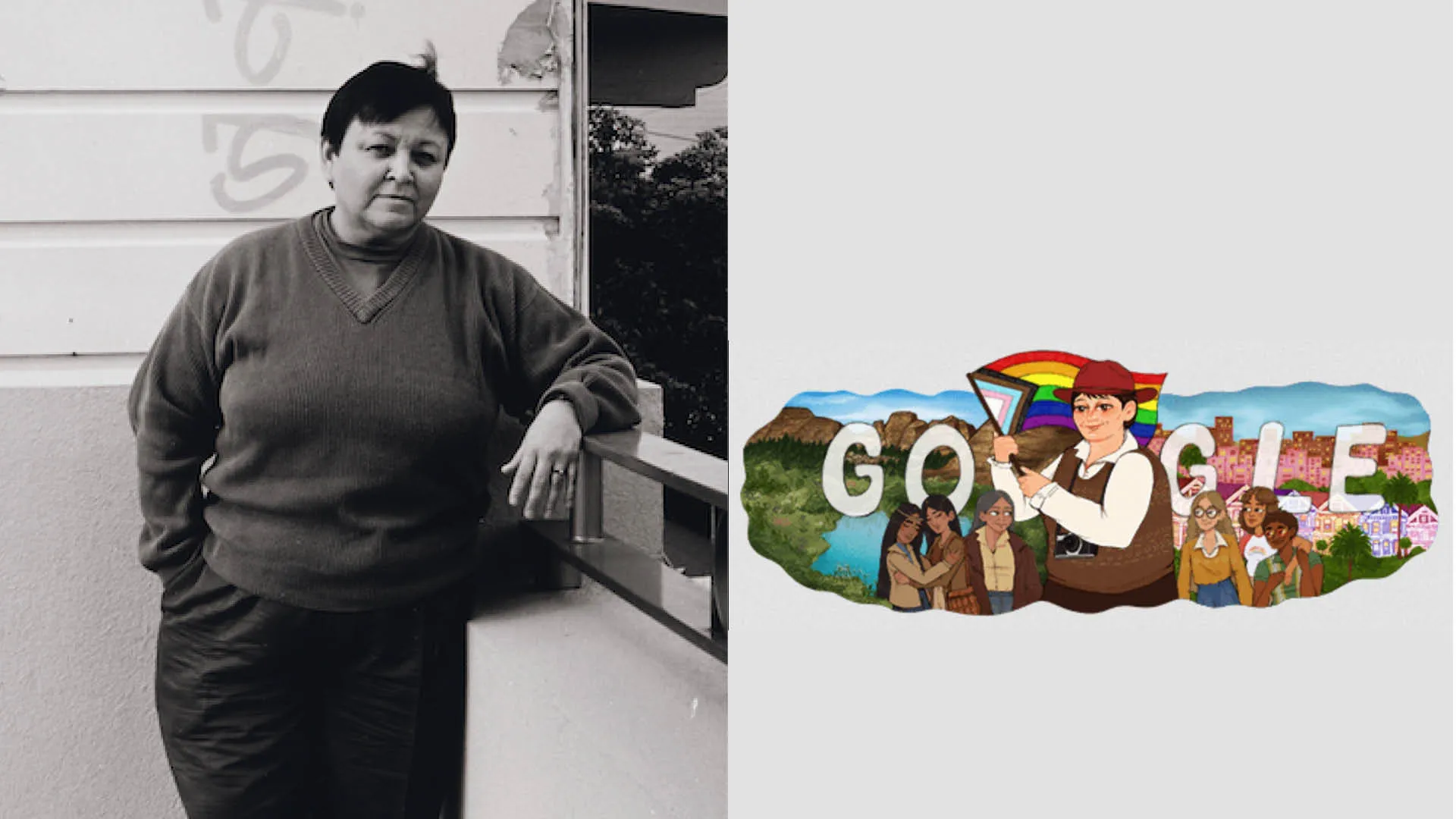
Everything to know about Barbara May Cameron
Barbara May Cameron was a notable figure whose contributions and life story have been influential in various circles, particularly those advocating for Native American rights, LGBTQ+ rights, and the feminist movement. This article aims to encapsulate the essence of her life, her activism, and the legacy she leaves behind.
Early Life and Heritage
Barbara May Cameron, born in 1954 on the Fort Berthold Reservation in North Dakota, was of Hunkpapa Lakota heritage. Her upbringing on the reservation imbued her with a deep sense of connection to her Native American roots, which would later influence her activism and creative endeavors. Despite the challenges faced by Indigenous communities in the United States, Cameron’s early life on the reservation was instrumental in shaping her identity and her commitment to social justice issues.
Activism and Advocacy
Cameron’s activism was multifaceted, encompassing her fight for Native American rights, LGBTQ+ rights, and broader social justice causes. She was particularly known for her advocacy within the Native American community, where she worked tirelessly to address issues of sovereignty, cultural preservation, and the social challenges faced by Indigenous peoples in America.
In the realm of LGBTQ+ rights, Cameron was a pioneering figure. She was openly lesbian at a time when it was particularly challenging to do so, especially within the Native American communities. Her courage in living openly and advocating for LGBTQ+ rights within her community and beyond made her a respected and influential figure in the movement. She was involved in various organizations and initiatives that aimed to support LGBTQ+ individuals, particularly those from Indigenous backgrounds.
Cameron’s activism also intersected with the feminist movement. She advocated for women’s rights and gender equality, emphasizing the unique challenges faced by Indigenous women. Her work in this area highlighted issues such as violence against women, reproductive rights, and the importance of women’s voices in social and political discourse.
Contributions to the Arts and Literature
Aside from her activism, Cameron was also known for her contributions to the arts and literature. She utilized photography, writing, and other forms of creative expression to explore themes related to her heritage, identity, and social justice concerns. Her artistic work provided a platform for her to engage with critical issues and to advocate for change through creative mediums.
Cameron’s writings, in particular, have been celebrated for their insightful exploration of the intersectionality of her identity as a Native American lesbian woman. Her essays and articles provided a voice to underrepresented perspectives and contributed to the broader discourse on identity, culture, and rights.
Legacy and Impact
Barbara May Cameron’s legacy is one of resilience, courage, and unwavering commitment to justice. She paved the way for future generations of activists and advocates by demonstrating the power of living authentically and fighting for one’s beliefs. Her work within the Native American and LGBTQ+ communities has had a lasting impact, inspiring others to continue the fight for equality and recognition.
Cameron’s contributions to arts and literature continue to resonate, offering valuable insights into the complexities of identity and the human experience. Her life’s work serves as a testament to the potential for individual activism to inspire change and to contribute to the greater good.
In conclusion, Barbara May Cameron was a figure of significant importance whose life and work spanned various domains of activism and creativity. Her contributions to Native American rights, LGBTQ+ advocacy, feminist movements, and the arts have left an indelible mark on the social fabric. Cameron’s legacy is a reminder of the power of voice, the importance of cultural heritage, and the enduring impact of dedicated activism. Through her life’s work, she has provided a blueprint for future generations on how to advocate for justice, equality, and the preservation of cultural identity.



